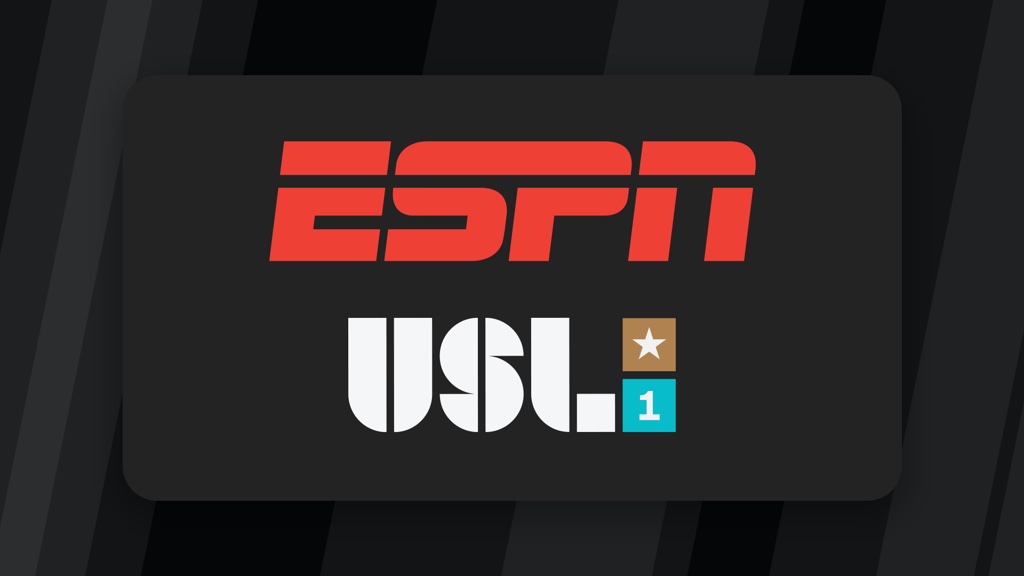
After more than 40 years of operation, DTVE is closing its doors and our website will no longer be updated daily. Thank you for all of your support.
ESPN extends USL rights, airing over 400 live games
Disney’s sports entertainment giant ESPN has struck a new deal with the United Soccer league, extending the broadcasting rights for the USL Championship and USL League One across its platforms.
 Starting from this year, the US sports TV operator will air more than 400 live matches per year of the USL Championship and USL League One.
Starting from this year, the US sports TV operator will air more than 400 live matches per year of the USL Championship and USL League One.
As part of the agreement, ESPN will be the exclusive home of the inaugural League One cup competition, with all group-stage matches, playoffs, and the final available for streaming on ESPN+.
EPSN first struck a partnership with the USL in 2015, and was one of first properties available on ESPN+ when the streaming service launched in 2018.
Elsewhere, the USL has secured broadcasting deals with CBS Sports and local linear channels. The soccer body will air 35 matches on national linear television between CBS Sports channels and ESPN networks, up from nine last season.
“As we enter a new era for the USL with the 2026 World Cup approaching, our focus is to provide fans with more ways to watch than ever before and be the most widely available soccer league in our country,” said USL chief commercial officer Court Jeske. “We have enjoyed a longstanding relationship with ESPN during which the USL has grown significantly, and we are incredibly excited to continue this relationship.”
Disney boss Bob Iger recently revealed ESPN would be offered as a standalone streaming service in the autumn, while “the full suite” of ESPN channels would be made available as part of the newly planned sports streamer JV by Disney, Fox and Warner Bros. Discovery.
He clarified the ESPN standalone service in the US will be bundled with Disney+ and Hulu, while the wider US sports offering is pitched primarily at cord-nevers.
Disney has also recently urged shareholders not to support activist investor Nelson Peltz’s move to secure places on the studio’s board for himself and Jay Rasulo, arguing that neither of them had “the appropriate range of talent, skill, perspective and/or expertise to effectively support the Board’s ongoing efforts to drive profitable growth and shareholder value creation in the face of continuing, industry-wide challenges”.


